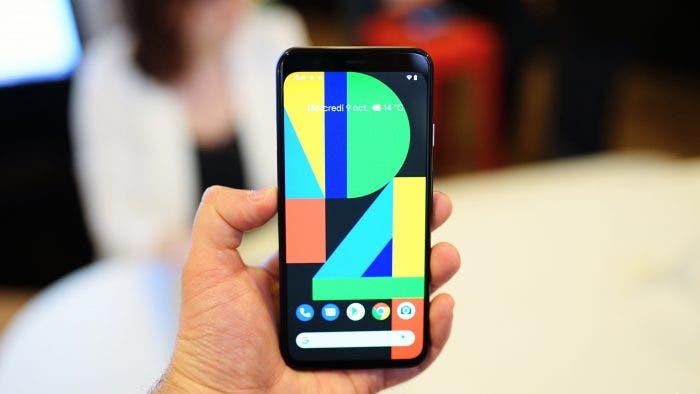On the iHeartMedia radio DJs network, they spoke about how much they like taking pictures of animals and meteor showers using their brand new Google Pixel 4. The problem is that they have never really owned or used the phone.
Seven US states and the US Federal Trade Commission have got an agreement with Alphabet‘s Google and iHeartMedia on claims of deceptive advertising for Google’s Pixel 4 smartphone.
Recall that, according to California Attorney General Rob Bonta, a number of allegations claimed that Google paid radio hosts to promote and share their personal experiences using the Pixel 4 on air. Over 23,000 times the ads were shown in ten media markets, including Los Angeles and San Francisco.
In order to promote the Pixel 4, Google paid Radio influencers
![]()
The largest radio station in the US, iHeartMedia, will accept payment from Google for its influencers. To recommend the Pixel 4. The issue is that these people had never used a Pixel 4 smartphone, which some listeners did not realize. Google would have simply sent scripts to influencers, which they would have needed to read in order to get compensated.
The lawsuit filed in Alameda County claims that iHeartMedia had never got smartphones from Google. “Our influencers really need to have devices to make the recommendations sound really authentic and personal. And to understand what makes Pixels different. I know we have discussed this in the past. Is there a way for us to get devices before the campaign? We think it’s essential” according to the radio representative.
The FTC discovered that even after Gopogle delivered five devices, few influencers really had a Pixel 4 to test out and use for those radio commercials. Google has to pay more than $9.4 million in civil fines alongside iHeartMedia to resolve the lawsuit. It includes expenses, and fees, including $1.58 million for New York State.





